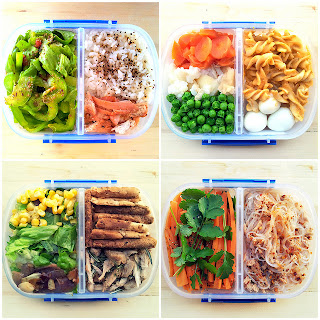Thursday, 25 April 2013
Staying Well with IBD
Living with a long term illness like IBD can affect you both physically and emotionally. This article looks at some factors that may help you to stay well more of the time.
Having a Flare-Up Plan
The unpredictability of flare-ups can be one of the more troublesome aspects of IBD. It may help to plan ahead with your doctor or specialist team about what to do if you do get a flare-up. This might include adjusting your medication. Taking an active role in your medical care like this can also help you feel more in control.
Healthy Eating
Eating a balanced and nutritious diet is important for good general health. However, some people with IBD may find this difficult. Certain foods may affect you, especially if you have Crohn’s Disease, and you may need to avoid these. Also, if you have Crohn’s in your small intestine, you may have difficulty absorbing certain vitamins and minerals.
Diarrhoea is a very common symptom in IBD and you may find it helps to cut down on fibre-rich foods for a while. See our Managing Diarrhoea leaflet for more details.
If you do have to avoid foods it is even more important to try and make sure that you still keep your overall diet well balanced. You may also need to take nutritional supplements to make up for any deficiencies.
It is often useful to get specialist help and advice on diet, particularly if you have Crohn’s. You can ask your IBD team to refer you to a dietitian on the NHS or contact The British Dietetic Association to find a dietitian. Our Food and IBD booklet has more information and suggestions about healthy eating with IBD.
Staying Hydrated
Drinking enough fluids is also a key factor in staying well. As someone with IBD, you may be more likely to become dehydrated if, for example, you have a lot of diarrhoea or have had certain types of surgery. Our leaflet, Dehydration, has more details on how to avoid or treat dehydration.
Keeping up your fluid balance can be especially difficult if you have an ileostomy. You may find information from IA or Ostomy Lifestyle useful.
Enteral Nutrition Therapy
Some people with Crohn’s Disease use enteral nutrition (specially designed liquid feeds) as part of their treatment programme. There are several types of enteral diets but all contain a very high level of nutrients and can be used instead of food or, in smaller quantities, as a supplement. Exclusive enteral nutrition (liquid food only) is most often used as a treatment for children with Crohn’s, as it can promote growth and avoid the use of steroids. Several studies have suggested that using these feeds as long term supplements may also help adults to keep Crohn’s in remission. But, more research is needed to confirm this.
Prebiotics and Probiotics
You may read or hear about prebiotics and probiotics helping people to stay well. We all have billions of bacteria in our gut, some of which are good for our health, others harmful. Prebiotics are fermented carbohydrates that can stimulate growth of potentially good bacteria in the gut. They can be taken as supplements and usually have to be taken continuously to maintain their effectiveness. Research is still ongoing into how useful they may be in IBD, but there is some evidence that particular prebiotics may have a role in reducing inflammation, especially when combined with probiotics (see below).
Probiotics are live micro-organisms or ‘friendly’ bacteria, which can also be taken as supplements to increase the good bacteria already in the intestine. Some studies have suggested that certain probiotics such as VSL #3 may be helpful in UC. In particular, if you have had surgery for UC and have had a pouch created, VSL #3 may help prevent and treat pouchitis. As yet there is little evidence that probiotics are useful for people with Crohn’s Disease.
More research is needed on the effectiveness of prebiotics and probiotics, but it may be worth discussing these supplements with your GP, specialist or dietitian.
Labels:
Healthly eating Crohns Colitis,
Prebiotics Crohn's,
Probiotics and IBD,
Probiotics Colitis,
Staying well with Crohn's,
Staying well with IBD
Subscribe to:
Post Comments (Atom)


No comments:
Post a Comment